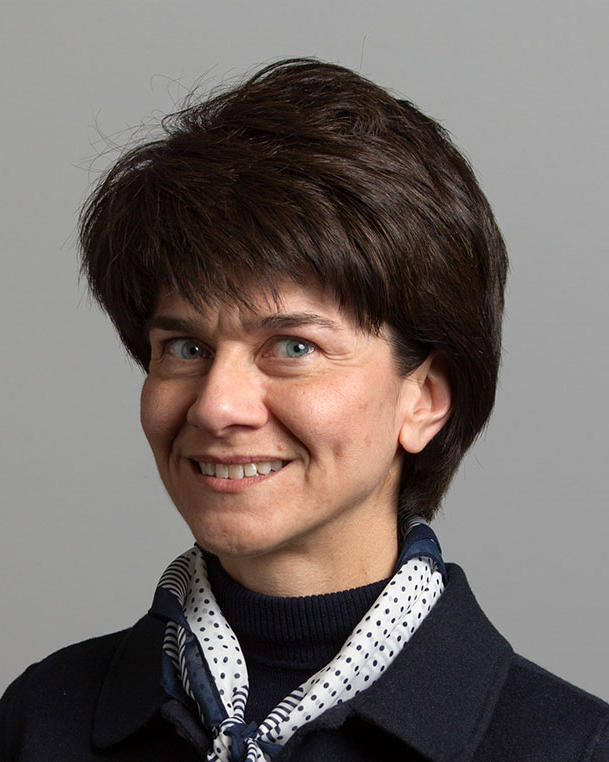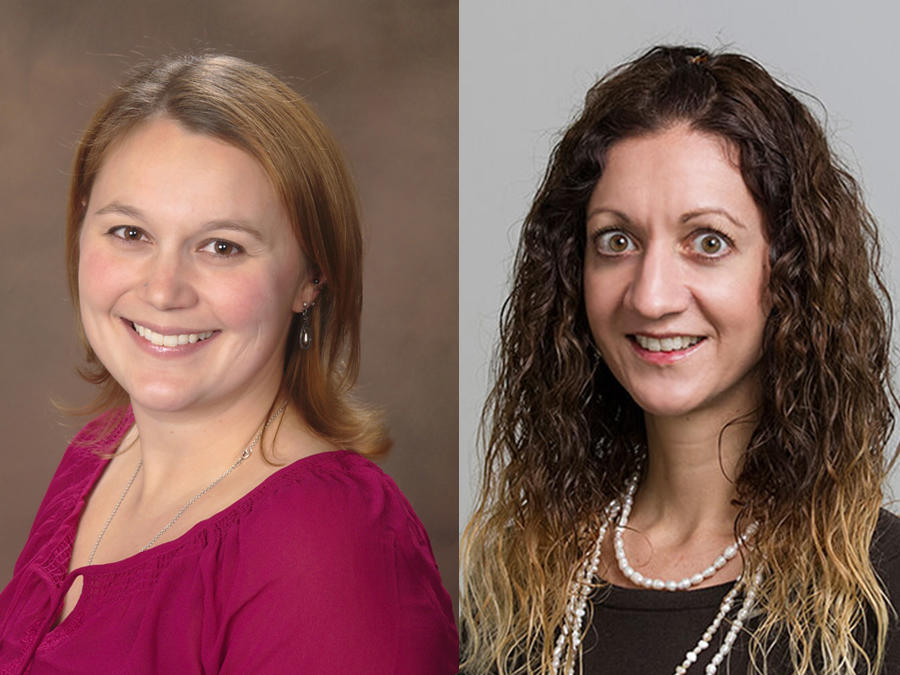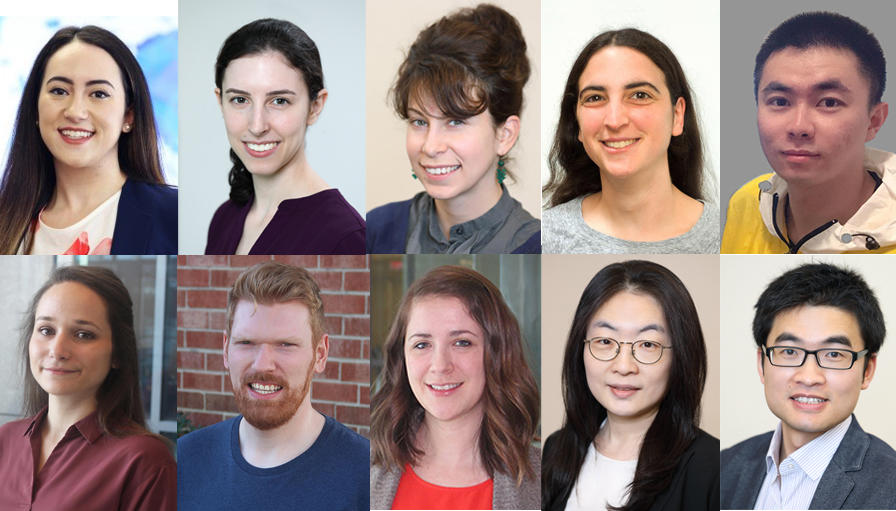DCEG Staff Gather in Virtual Town Hall Meetings, 2021 Spring and Summer
, by DCEG Staff
This year, DCEG staff continued to gather monthly for virtual town hall meetings to connect and support each other during the COVID-19 pandemic. At each meeting, Director Stephen J. Chanock, M.D., announced new developments in the Division, recognized accomplishments of DCEG investigators and fellows, and shared photographs submitted by staff.
In May 2021, Dr. Chanock announced that Maria Teresa Landi, M.D., Ph.D., senior investigator in the Integrative Tumor Epidemiology Branch was appointed the Division’s Senior Advisor for Genomic Epidemiology. With many years of experience in complex germline and somatic genomics in epidemiologic studies, Dr. Landi will provide strategic advice and oversight of the cancer genomics research portfolio of the Division.
Dr. Chanock gave special tribute to staff who have made substantial contributions and service to the Division with the following awards.
DCEG Outstanding Mentor Award
Mentoring is a core value of the Division; DCEG fellows nominate and vote for the Outstanding Mentor Award annually. This year, Emily Vogtmann, Ph.D., M.P.H., Earl-Stadtman tenure-track investigator in the Metabolic Epidemiology Branch, and Lisa Mirabello, Ph.D., M.S., senior investigator in the Clinical Genetics Branch, were recognized for their exceptional commitment to the growth and productivity of junior scientists. Highlights from their nominations cited the following qualities:
“Dr. Vogtmann is always willing and available to answer any technical and professional questions, no matter how busy she is. She creates a friendly training environment for scientific communication, acknowledges my work every time she presents, and has helped me conquer my fear of public speaking. She guides me to find the best resources and opportunities and helps me develop profound knowledge and competency for my future studies. She is truly an outstanding mentor.”
“Dr. Mirabello has played an important role in my career as a young researcher. When providing feedback, she is kind and thoughtful, while being straightforward and honest. She is flexible and cares about my wellbeing, and I feel lucky to have her as a mentor for both my scientific and personal development. Her creativity and enthusiasm are contagious. She is a strong woman in a leadership role, after whom I mirror myself. Being her mentee is empowering!”
2022 NIH FARE Awards
NIH Fellows’ Award for Research Excellence (FARE) recognizes the outstanding scientific research performed by NIH intramural postdoctoral fellows and is sponsored by the NIH Fellows Committee, the Scientific Directors, and the NIH Office of Intramural Training & Education. Funded by the Scientific Directors, the FARE award constitutes a $1500 stipend for travel to present research at a scientific meeting.
Zeinab Farhat, Ph.D., M.P.H.
“Reproducibility, reliability over time, and concordance of serum and fecal bile acids and short chain fatty acids in a population-based study.”
Lauren Hurwitz, Ph.D.
“Modification of the association between frequent aspirin use and ovarian cancer risk: A meta-analysis using individual-level data from two ovarian cancer consortia.”
Sarah Irvin, M.S.
“Integrated analysis of inflammation-related exposures in ovarian cancer histotypes in the Ovarian Cancer Association Consortium (OCAC).”
Rebecca Landy, Ph.D.
“A microsimulation-based natural history model of oral HPV 16 infection and oropharyngeal cancer to inform the optimal upper age-limit of HPV vaccination of U.S. men.”
Erping Long, M.D., Ph.D.
“Colocalization of multi-ethnic GWAS and eQTL identifies potential susceptibility genes for lung cancer.”
Sabine Naudin, Ph.D., M.P.H.
“Lipid metabolites and the risk of pancreatic cancer in two nested case-control studies.”
Aidan O’Brien, M.Pharm., M.Sc.
“Uncovering the functional variants and target genes of the 7q32 pancreatic cancer risk locus.”
Cody Ramin, Ph.D.
“Risk of second primary cancers among breast cancer patients treated in the modern era.”
Minkyo Song, M.D., Ph.D.
“Neutrophil-to-lymphocyte ratio and subsequent cancer risk in the UK Biobank.”
Jun Zhong, Ph.D.
“Uncovering the dark matter of pancreatic cancer: Searching for non-coding somatic driver mutations in regulatory elements.”
Outstanding Poster Award
James Feng, B.S., in the Laboratory of Translational Genomics received an Outstanding Poster Award at the NIH Postbaccalaureate Poster Day for his poster titled, “Identifying functional melanoma-risk-associated variants with massively parallel reporter assays.”



